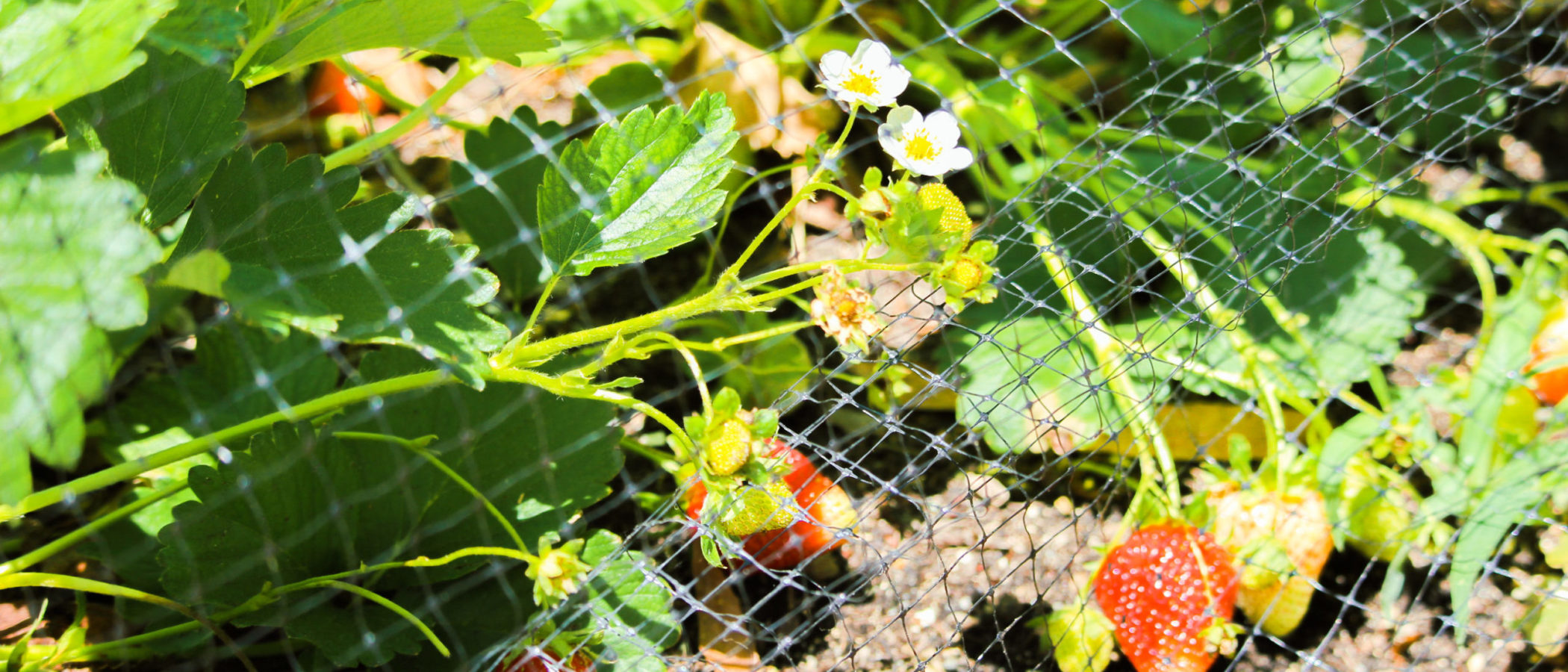
Grounds for your Garden
Coffee Ground Gardening
Did you know your garden likes coffee as much as you do? We’re partnering with Port City Java to offer used coffee grounds as free compost. Pick up your bag today, and read on to learn how to turn today’s latte into tomorrow’s lilacs.
How do coffee grounds benefit plants?
Nutrient Rich: Coffee grounds contain essential nutrients for plants, including nitrogen, potassium, and phosphorus, as well as micronutrients such as calcium, copper, iron, magnesium, and zinc.
Improves soil structure and hydration: The coarseness of grounds aerates soil, helping water and nutrients reach plant roots more efficiently. Grounds also provide better water retention, a big plus for high-moisture plants.
Compost Aid: Coffee grounds help maintain the optimal temperatures required for breaking down organic matter by releasing nitrogen, which generates heat and speeds up decomposition. Additionally, the nitrogen in coffee grounds promotes the growth of beneficial microorganisms.
What should I know before I start?
Not all plants are created equal: Coffee grounds are slightly acidic, meaning you want to use them with acidic-loving plants and avoid using them on basic plants. Since coffee grounds retain moisture, you should avoid using them on plants that prefer drier soil. Do not use on seedlings or baby plants either as the caffeine may inhibit growth.
| Coffee Lovers
Azalea Blueberries Hydrangeas Rhododendrons Roses Carrots Cucumbers Peppers Radishes |
Coffee Haters
Cacti Succulents Asparagus Beets Lavender Rosemary Aloe Orchids Pothos |
Don’t overdo it: When adding coffee grounds, make sure they comprise no more than 20% of the total materials. Adding a higher percentage of grounds may stunt plant growth.
Consistency is key: When using composted grounds, make sure they’re not too wet or else they may grow mold. Mix the grounds evenly into soil, ensuring there are no big clumps.
How do I use grounds in my garden?
Soil Additive: Add a small amount of grounds to soil and mix well to give your plants a boost. This can be good for potted plants or garden beds!
Fertilizer: Mix a couple of cups of used coffee grounds to a five-gallon bucket of water. Let the mixture sit overnight, then use it as a liquid fertilizer.
Compost: Coffee grounds and paper filters can go directly into your compost bin. This will help material break down, repel bugs, and keep odors down.
Sources:
https://www.thespruce.com/using-coffee-grounds-in-your-garden-2539864